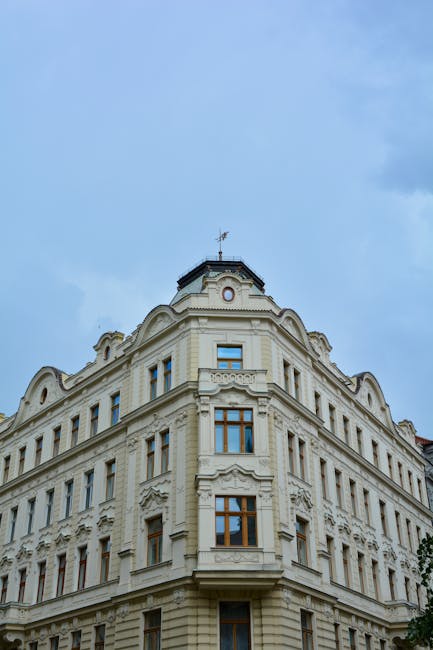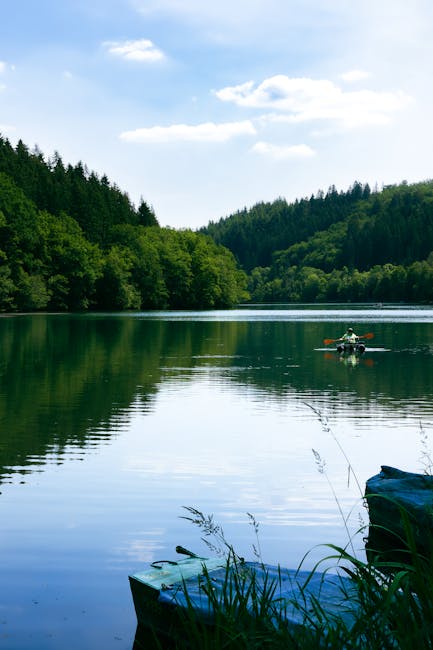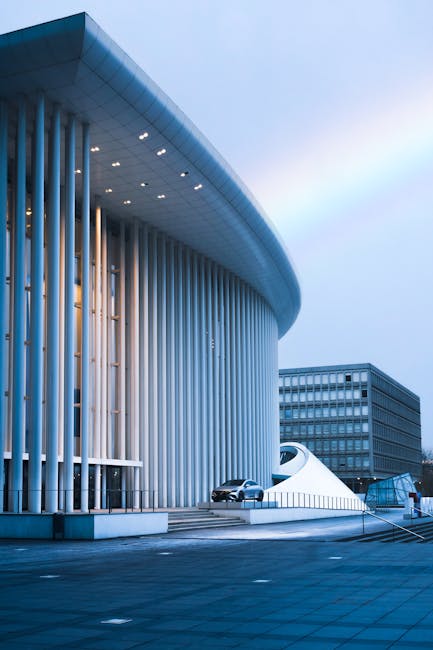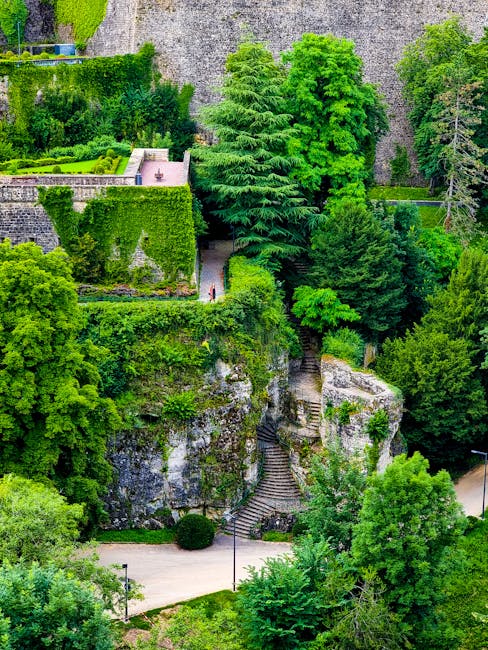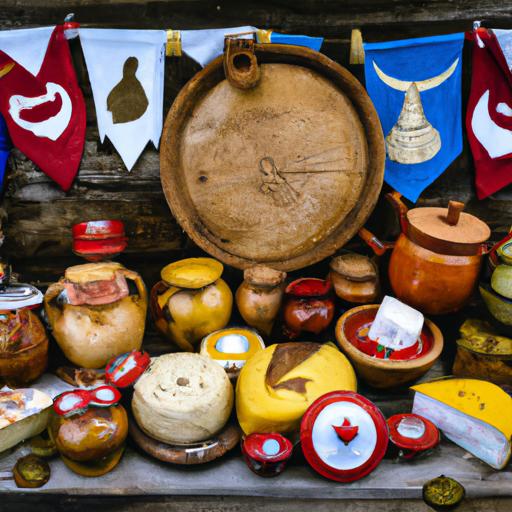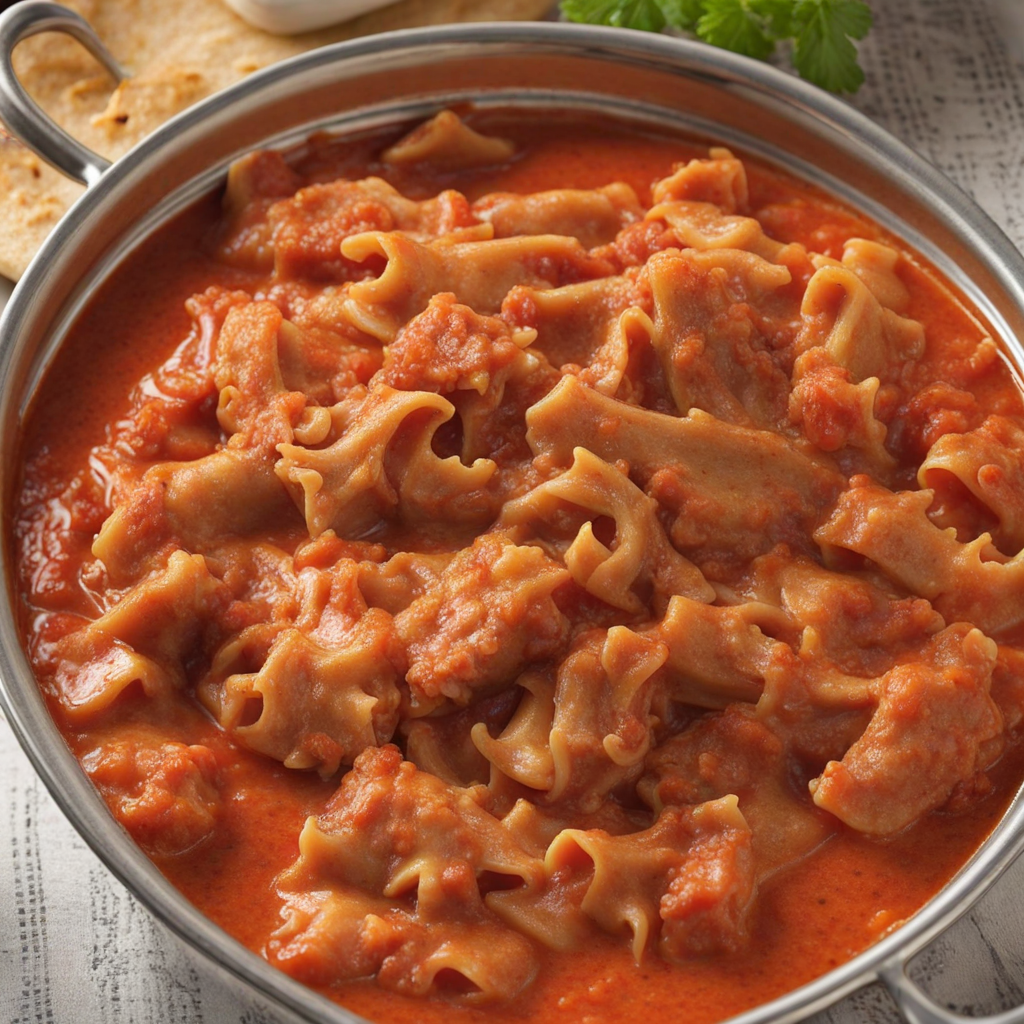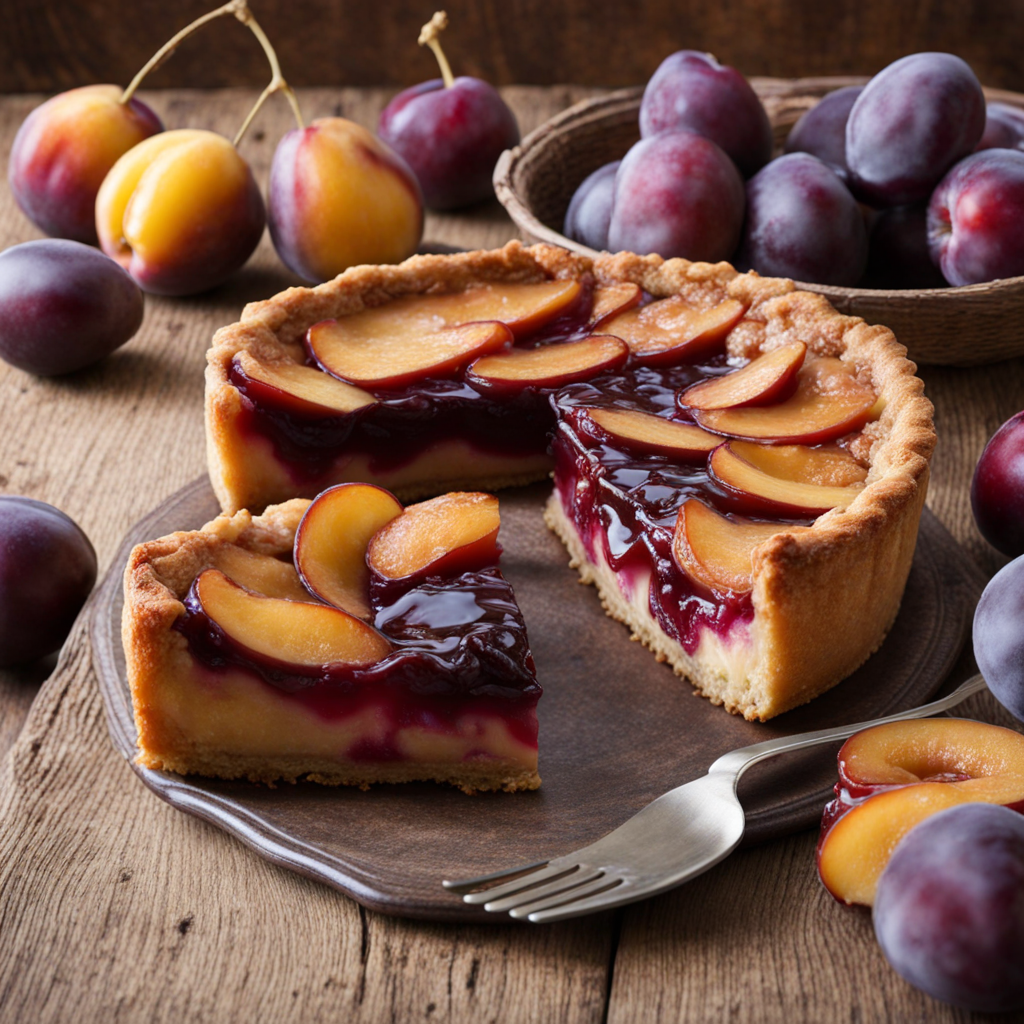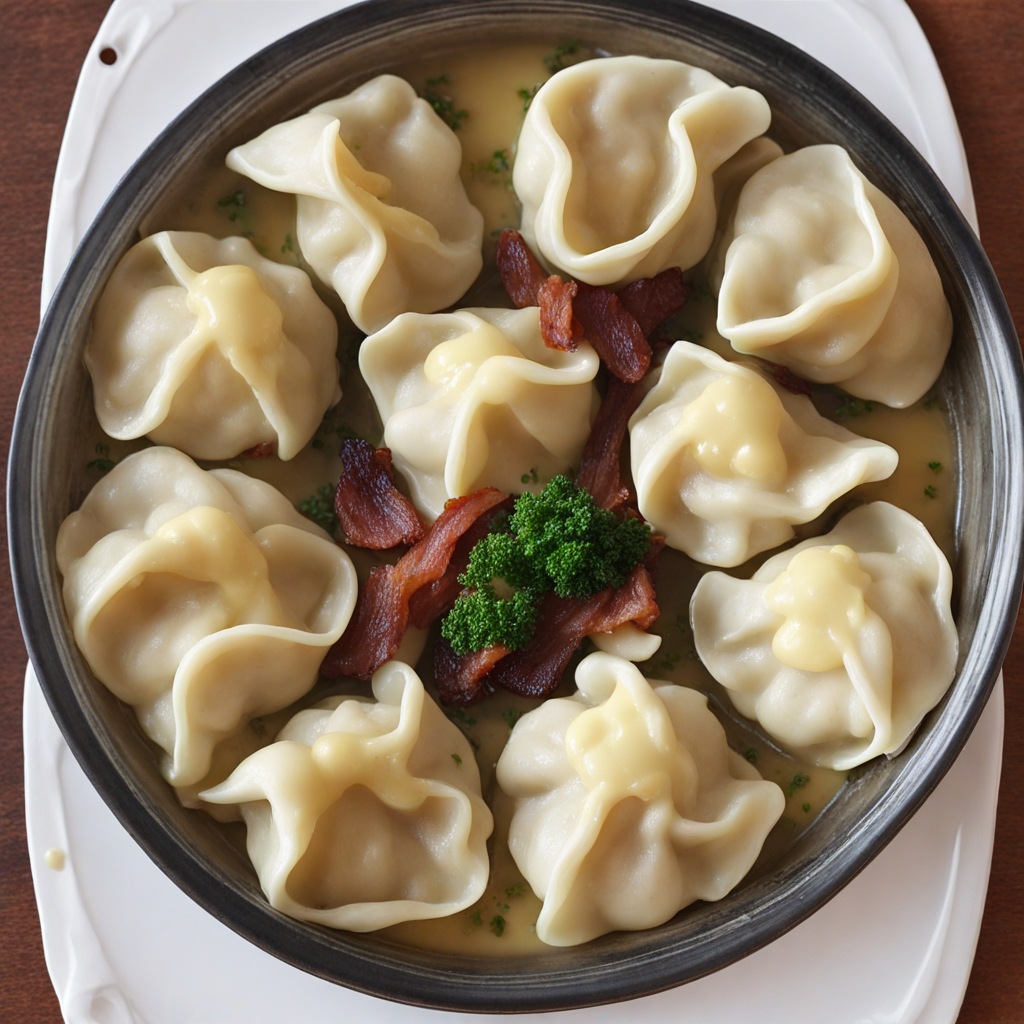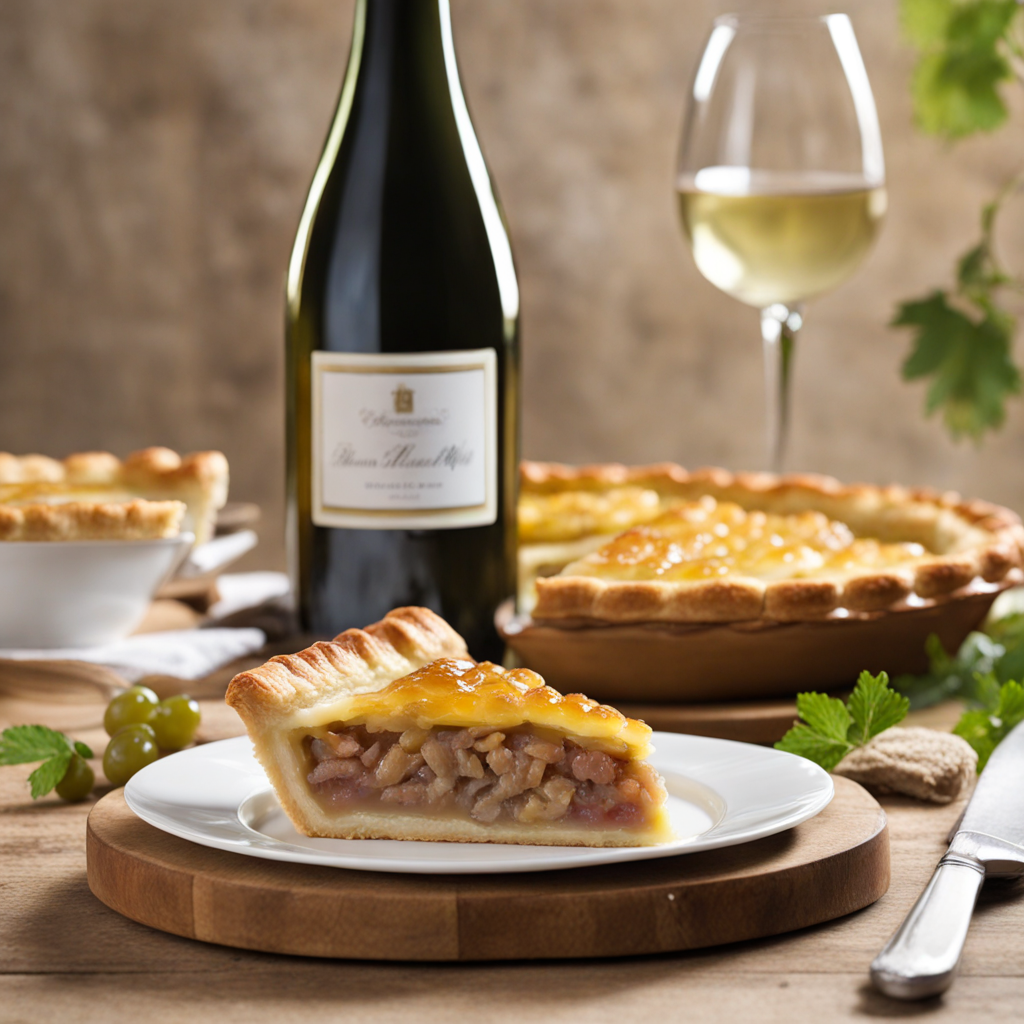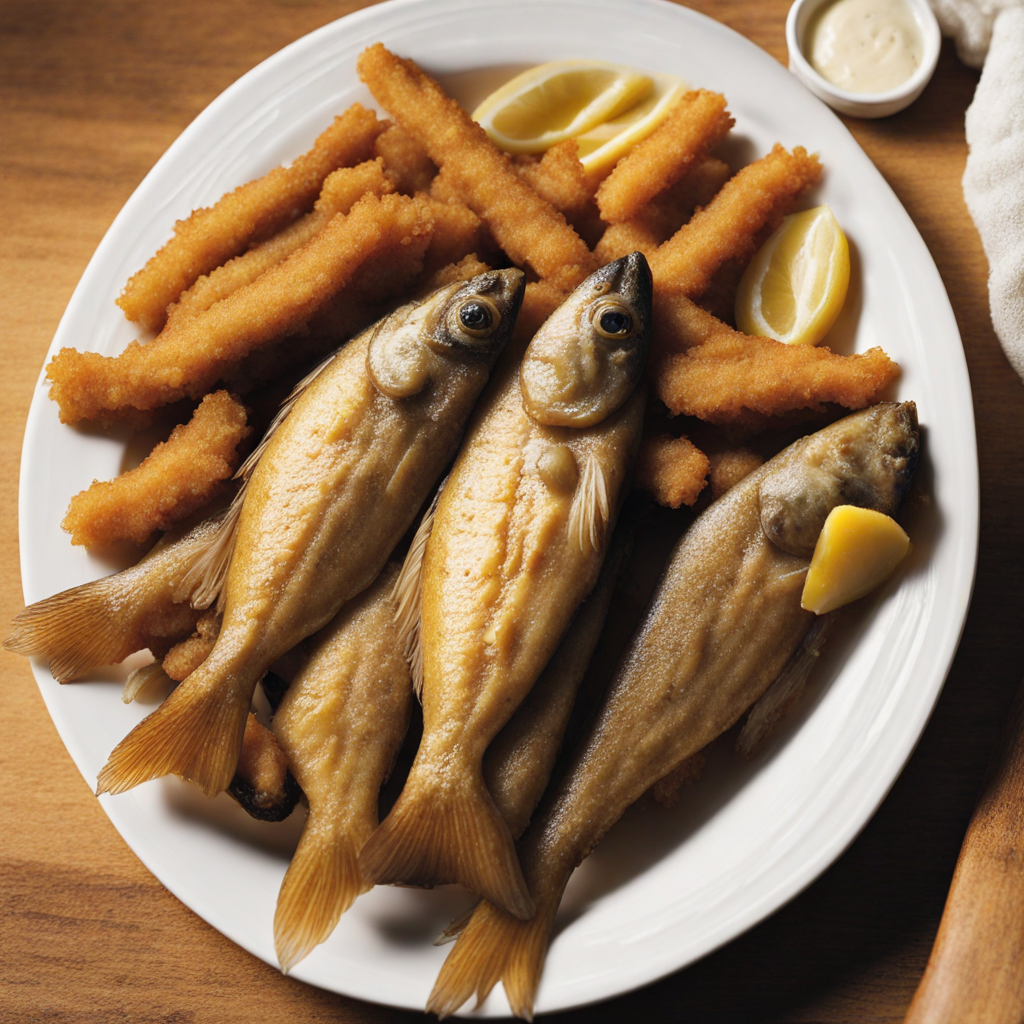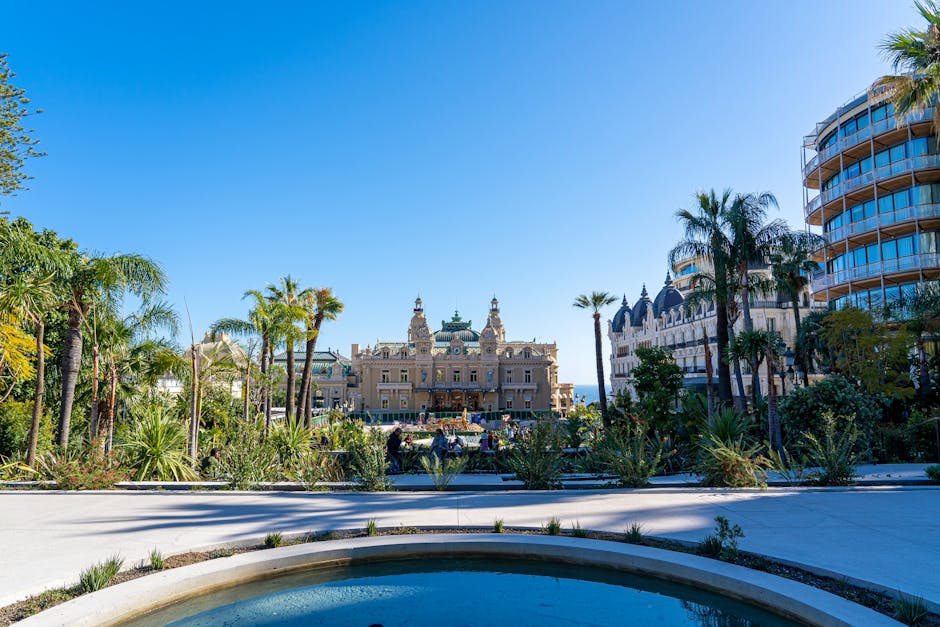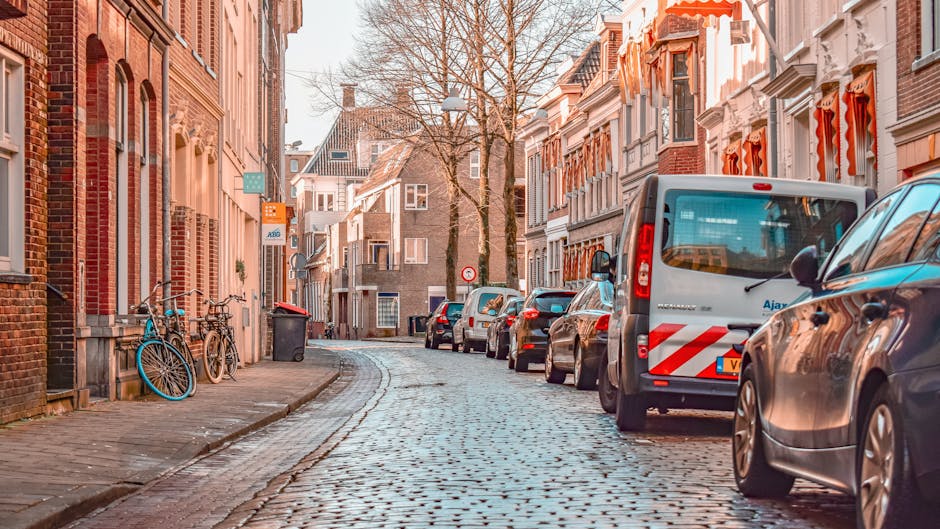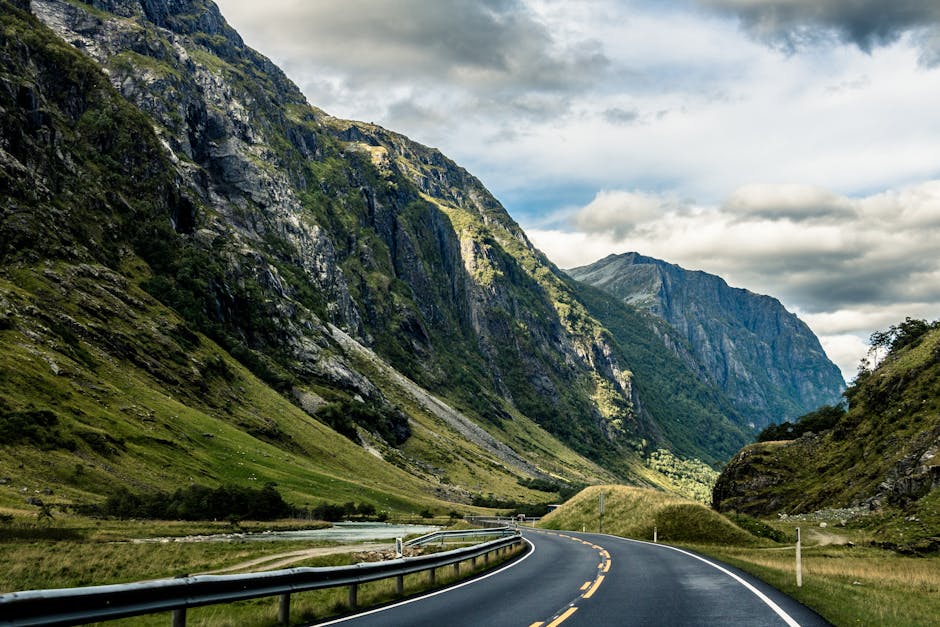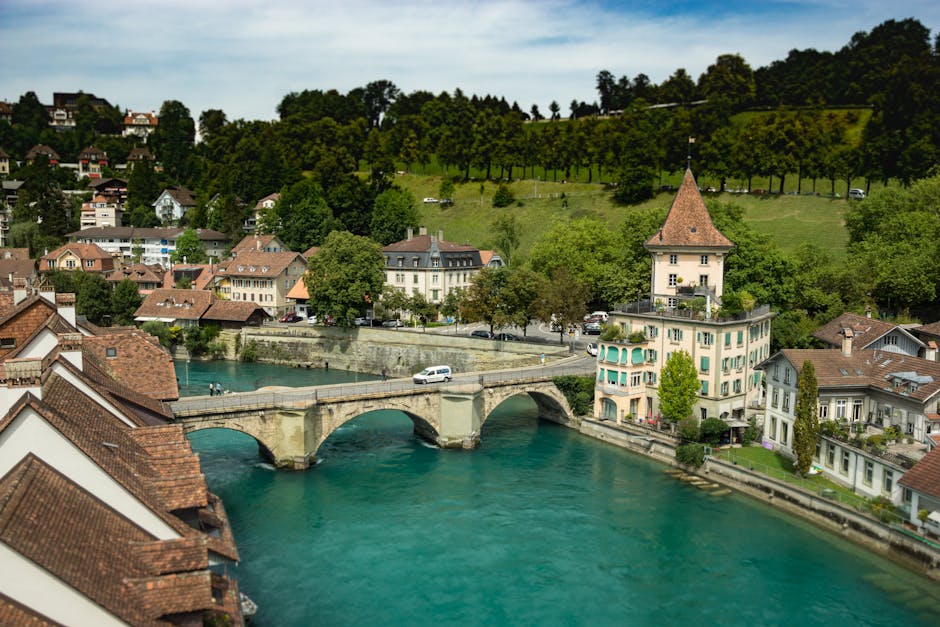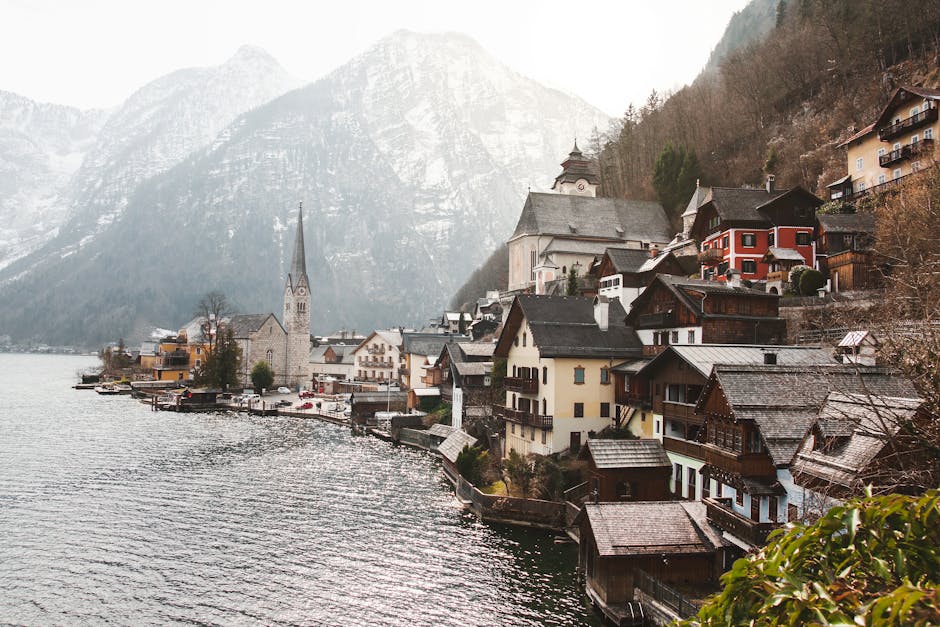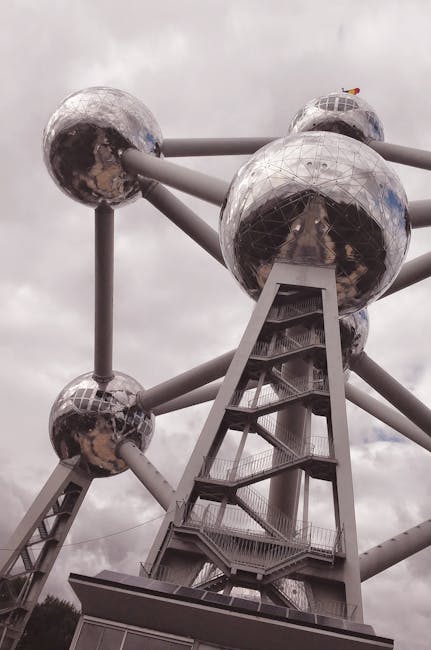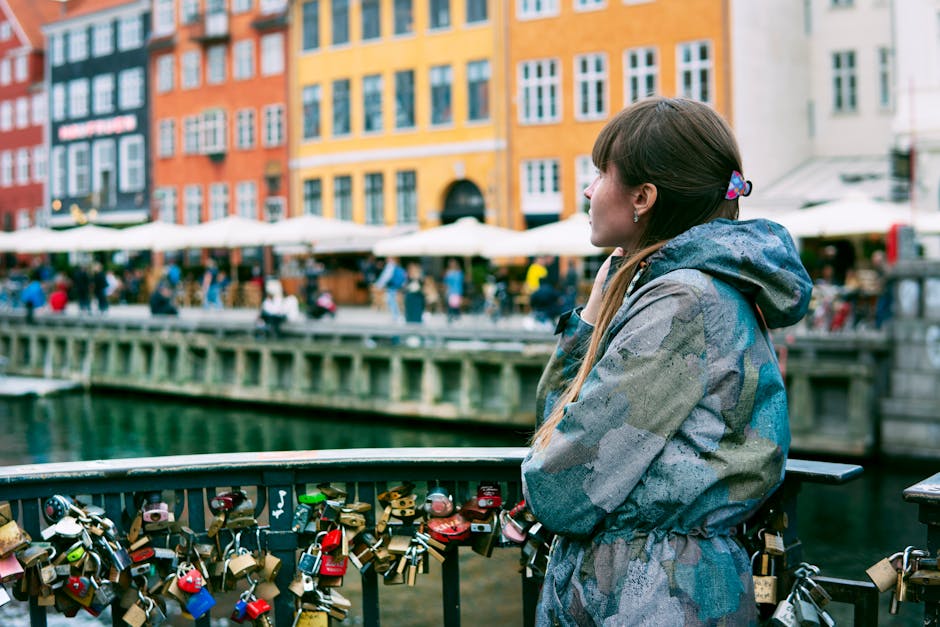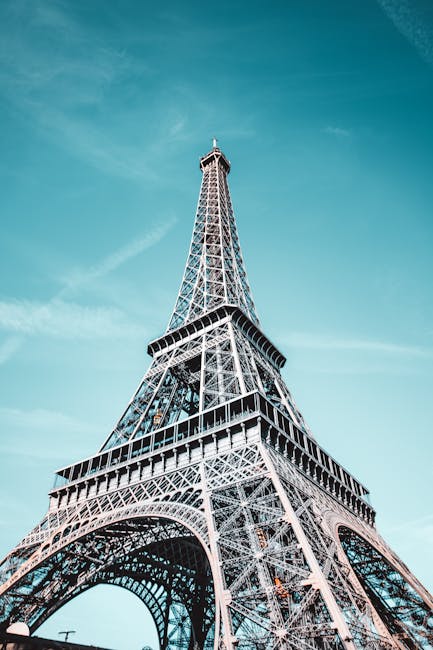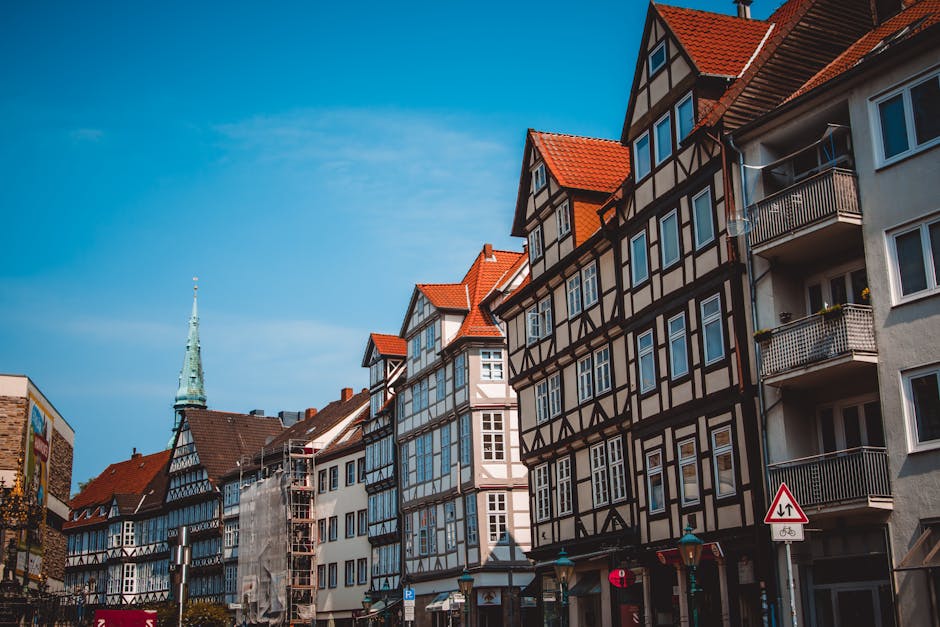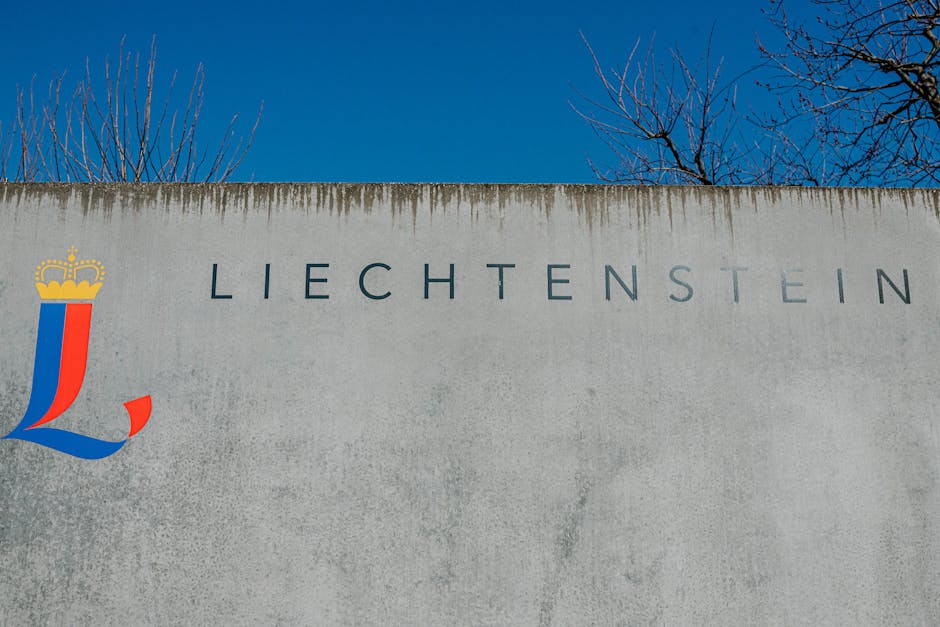Luxembourg
Overview
Luxembourg, nestled right in the heart of Europe, is an enchanting country that boasts a rich blend of French and German cultures, and is known for its medieval old towns imbued with a fairy-tale charm. Luxembourg is unique for its diversified culture, high standard of living, and as a global hub for banking and administration. Luxembourg City, the capital, is famed for its fortified medieval old town perched on sheer cliffs, offering panoramic views that will leave you breathless. The country's culture is a fusion of Latin and Germanic Europe, integrating customs of each. This cultural diversity is a key part of Luxembourg's national identity.
The high season for tourism in Luxembourg is from May to September, during which the weather is generally warm and pleasant, with temperatures ranging from 20 to 25 degrees Celsius. These months are ideal for sightseeing, hiking in the Mullerthal region, or visiting the Moselle wine region. The country is known for its green landscapes, historic monuments, and culinary delights. During this period, you can also enjoy open-air concerts, music festivals such as the renowned Rock-A-Field music festival, and interesting exhibitions in the city.
Before traveling to Luxembourg, it is best to make a few preparations to ensure a smooth trip. First and foremost, check your passport's expiry date as it must be valid for at least six months beyond your planned date of departure. For non-EU citizens, check whether you need a visa to enter Luxembourg. The country uses the Euro, so ensure to have some on hand for small expenses, although credit cards are widely accepted. Don't forget to pack an umbrella or raincoat, as rain showers are quite common throughout the year. Lastly, learn a few basic phrases in French or German to help navigate through the country and to interact with locals.
A Glimpse into the Past
Nestled between Belgium, France, and Germany, Luxembourg is a small but historically rich country with a vibrant cultural tapestry and stunning landscapes. Its history is marked by periods of prosperity, conflict, and transformation, making it a fascinating destination for travelers interested in exploring the past.
Luxembourg's origins can be traced back to the Roman era when it was known as a strategic military outpost. The name "Luxembourg" is derived from the Latin term "Lucilinburhuc," meaning "little fortress." This small castle was built around 963 by Count Siegfried, marking the beginning of what would become the Duchy of Luxembourg. The count's choice of location atop a rocky outcrop provided a natural defensive advantage, setting the stage for centuries of conflict and territorial disputes.
As the years progressed, Luxembourg became a significant center of power in the region. The 14th century saw the rise of the Luxembourg dynasty, which produced notable monarchs, including Holy Roman Emperors. Under the rule of the House of Luxembourg, the duchy flourished economically and politically, becoming a vital part of the European political landscape.
The Thirty Years' War in the 17th century, however, wreaked havoc across Europe, and Luxembourg was not spared. The territory changed hands multiple times between the Spanish and French, leading to extensive fortifications being constructed. These fortifications, designed by the renowned military architect Vauban, have earned Luxembourg City recognition as a UNESCO World Heritage Site. The city's impressive defenses reflect its tumultuous past and stand as a testament to its strategic importance.
By the 19th century, Luxembourg was recognized as a Grand Duchy, a status that further solidified its place in European politics. The London Protocol of 1839 established Luxembourg's permanent neutrality and split the territory into what is now known as the Grand Duchy of Luxembourg and the Belgian province of Luxembourg. The neutrality declaration allowed the country to avoid many of the conflicts that plagued its neighbors, providing a period of relative peace and stability.
Travelers to Luxembourg will find an array of historic sites reflecting this rich heritage. The Grand Ducal Palace, located in the heart of Luxembourg City, serves as the official residence of the Grand Duke of Luxembourg. Built in the 16th century, the palace showcases a blend of architectural styles and is open for guided tours, allowing visitors to glimpse the opulence of the ruling family.
Another highlight is the Luxembourg City History Museum, which presents the city’s history from its origins to the present day through interactive exhibitions and artifacts. The museum is housed in a series of historical buildings, some of which date back to the Middle Ages, providing a tangible connection to the past.
Beyond the capital, the Vianden Castle is a must-see for history enthusiasts. Perched on a hilltop, this stunning medieval fortress dates back to the 10th century and offers breathtaking views of the surrounding countryside. Visitors can explore the castle's impressive architecture and learn about its role in the region's history, particularly during the feudal era.
The picturesque town of Clervaux is another treasure, home to the Clervaux Castle, which now houses a museum dedicated to the history of the Battle of the Bulge during World War II. The castle's strategic location made it a significant site during the conflict, and the exhibitions offer an insightful look into the war's impact on Luxembourg and its people.
Luxembourg's history is also intertwined with the narrative of European integration. After World War II, the country played a pivotal role in the formation of key European institutions. It was one of the founding members of the European Union and the Eurozone, showcasing its commitment to peace and cooperation in Europe. The European Court of Justice and the European Investment Bank are both located in Luxembourg City, highlighting the nation’s ongoing influence in European affairs.
The landscape of Luxembourg is as diverse as its history, offering travelers opportunities for exploration and adventure. The Luxembourg Ardennes in the north is known for its lush forests, rolling hills, and charming villages, making it a perfect destination for hiking and cycling enthusiasts. The region is dotted with medieval castles, such as Bourscheid Castle and Beaufort Castle, each telling stories of their own.
In the south, the Minett Region showcases Luxembourg's industrial past. Once the heart of the country’s steel industry, this area is now a UNESCO Global Geopark, where visitors can explore the remnants of the mining and steelworks heritage. The National Mining Museum in Rumelange offers guided tours of former mines, providing a unique insight into the lives of miners and the industry that shaped Luxembourg’s economy.
Culturally, Luxembourg boasts a unique blend of influences from its neighboring countries. The national language, Luxembourgish, reflects this diversity, incorporating elements from French and German. The country also celebrates a rich tradition of festivals, such as the Luxembourg City Carnival and Schueberfouer, a large funfair held annually, showcasing the lively spirit of the Luxembourgers.
Luxembourg's culinary scene is equally enticing. Traditional dishes like Judd mat Gaardebounen (smoked pork with broad beans) and Gromperekichelcher (potato fritters) offer a taste of the country’s agricultural heritage. Food markets and local restaurants provide ample opportunities for visitors to savor these regional specialties.
A journey through Luxembourg’s history reveals a land of resilience and transformation. From its medieval castles and fortifications to its role in modern European diplomacy, Luxembourg invites travelers to discover the stories that have shaped this small yet significant nation. Whether wandering through the narrow streets of Luxembourg City or exploring the scenic beauty of its countryside, visitors will find themselves immersed in a rich historical narrative that continues to unfold.
Top cities for tourists in Luxembourg
Discover the Famous Cities That Might Captivate Your Interests
Must-Try Foods You Can't Afford to Miss
Indulge in a Variety of Fantastic Foods During Your Stay in Luxembourg
May Be Your Next Destinations
People often choose these countries as their next destination


